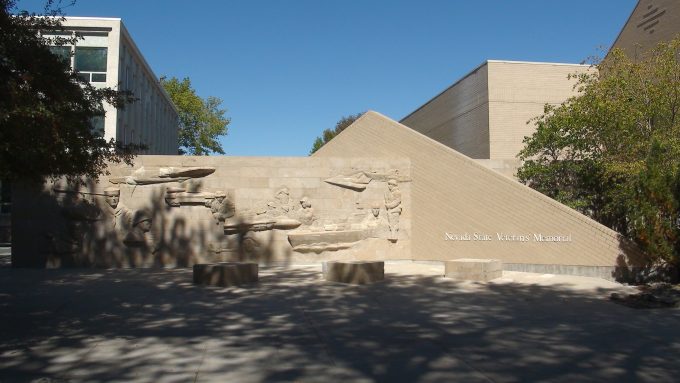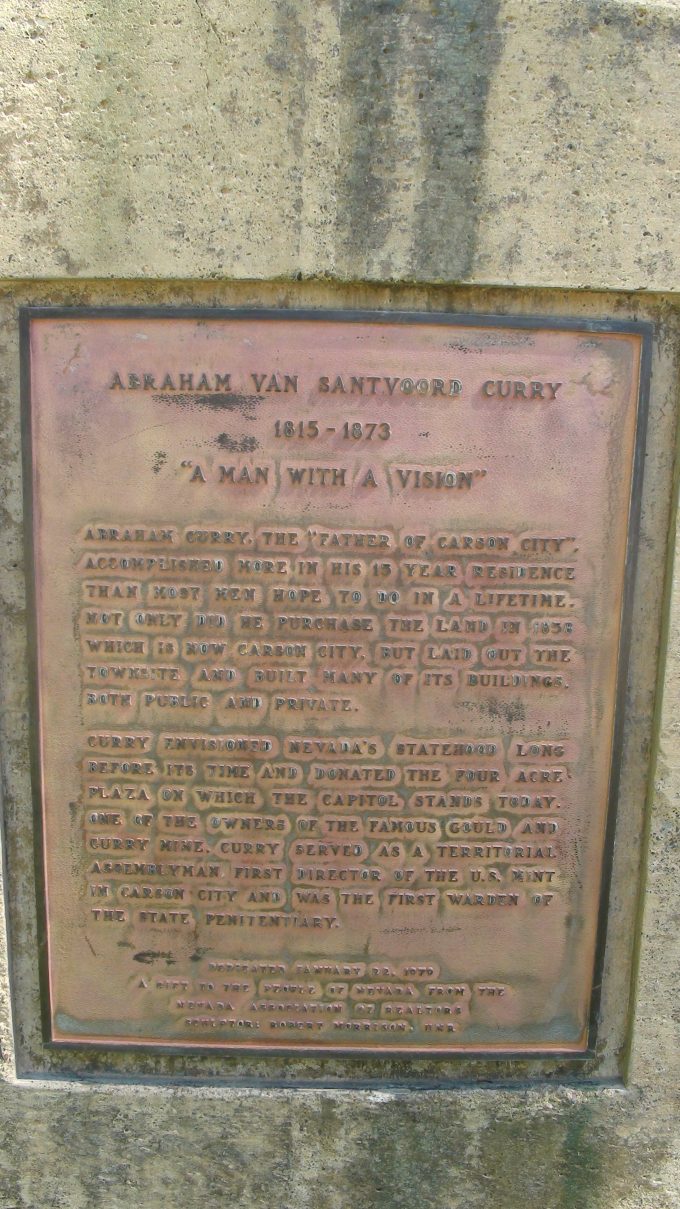
Thursday, 30 August 2018
For indeed He does not give aid to angels, but He does give aid to the seed of Abraham. Hebrews 2:16
“For” is given to build upon what has been stated. The author has been speaking of the bondage and fear of death that men face and how Christ came, partaking in our same nature in order to free us from this bondage. Understanding this, he continues with “…indeed He does not give aid to the angels.”
Angels do not die; they are aeviternal beings. This means they have a beginning but no end. They are also not redeemable. They are either angels which serve in God’s heavenly hosts, or they are fallen and will be cast into the Lake of Fire for all eternity (see Matthew 25:41). No aid is given to angels because of this. However, man can be redeemed, and so Christ came in order to “take hold of” him (as the Greek reads) and to lead him by the hand to freedom from bondage. The word used is essentially a metaphor signifying rescue from peril. For the Lord to take hold of someone means exactly this, and this is what Christ came to do.
After this, he then says, “but he does give aid to the seed of Abraham.” As first, it seems curious that he says this, rather than “to the seed of Adam.” However, there are several reasons for using Abraham. The first is obvious, based on who is being addressed in this epistle – the Hebrews. Jesus entered into humanity through the line of the Hebrew people. Abraham was the first noted as a Hebrew in Genesis 14:13. He is also considered the father of their faith. The author is not excluding Gentiles here, but rather is identifying Christ with the people of faith as the psalmist does in Psalm 105:6 –
“O seed of Abraham His servant,
You children of Jacob, His chosen ones!”
In the Song of Mary in Luke 1:55, the same idea is expressed there. Mary was certainly only thinking of her people, Israel, when she said this. However, a father may have five children, loving them equally, but he may focus on one at a given time and another at a different time.
Secondly, though Paul uses the term “seed of Abraham” as indicating actual genealogy back to Abraham in Romans and 2 Corinthians, he also uses it as a genealogy established by faith in Galatians 3:26-29 –
“For you are all sons of God through faith in Christ Jesus. 27 For as many of you as were baptized into Christ have put on Christ. 28 There is neither Jew nor Greek, there is neither slave nor free, there is neither male nor female; for you are all one in Christ Jesus. 29 And if you are Christ’s, then you are Abraham’s seed, and heirs according to the promise.”
Thus, despite certainly talking about a literal genealogy back to Abraham here (as Matthew does in his genealogical record of Matthew 1), the author is not excluding the possibility of those not of the literal genealogy of Abraham from being included. Though it is not the intent of his words now, and it would be out of place to address all who are of the faith of Abraham (meaning Jew and Gentile) as being the seed of Abraham, it is still true that Abraham descended from someone who was not a Hebrew. He was further promised to be the father of many nations (Genesis 17:4). And so despite addressing the Hebrew people specifically, and making a point about helping them, Scripture also shows that the help provided to them implicitly (and even explicitly at times) applies to all who are willing to come to God through faith in Jesus.
Life application: It is important to remember who is being addressed in a particular book, or even a section of a book. Paul addresses the Jews at times in the book of Romans, and then he addresses Gentiles at other times. In Hebrews, the addressee is the Hebrew people, and it is from this perspective that the letter is being written. However, this does not negate inclusion of the Gentiles in what is being said. We need to be careful to ensure that what is said to the main addressee is understood, but we can also determine when Gentiles are included in the address – or at least when they are not excluded from the truth which is presented.
What a marvelous story of love and attention is found in Your word, O God. You have looked upon the people of the world and determined that we are worth saving, if we will just come to You on Your terms. We are to come not by deeds of our doing, but by faith in what You have done. By simple belief, confessing Jesus as Lord and believing that You raised Him from the dead, we have peace with You. How simple, and yet how difficult! Help us to put aside our pride and to trust only in what You have done. Amen.




